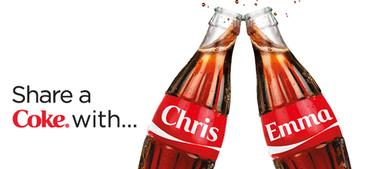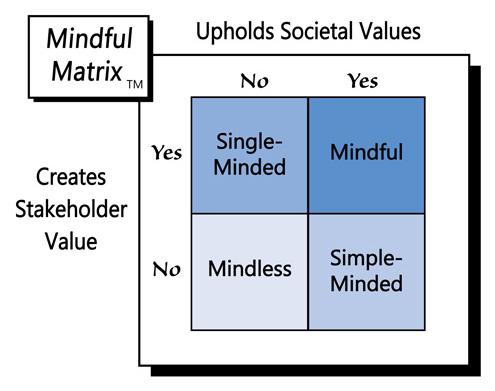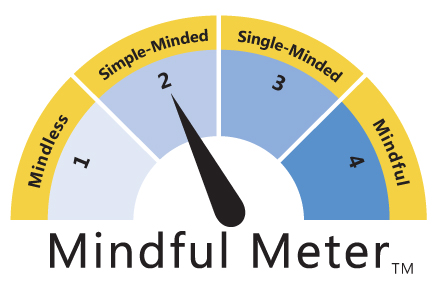So, what gift-giving motivation has been behind the success Coca-Cola’s “Share a Coke” campaign, which is credited for a 2% increase in the company’s U.S. cola sales?
First it’s important to acknowledge that despite a shrinking U.S. market for colas, many people do still like to drink Coke’s cola products. For some people, therefore, a Coke is an appreciated gift. Also, a personalized gift of most kinds tends to be liked because it plays to our vanity. In fact, the success of the Share campaign may have been driven as much by ego as by generosity, i.e., people buying cans and bottles with their own names, for themselves.
A decade-long decline in Coke sales also suggests, however, that some gift-givers have been rationalizing—“I wouldn’t buy a Coke for myself, but Tyler will like it because his name is on it.”
So, does “Share a Coke” represent Mindful Marketing? Probably not.
To encourage gift-giving of something small and personal that might brighten another’s day is a noble thing, so in that sense it upholds societal values.
The program, however, never had long-term potential, which Coca-Cola knew. It doesn’t take long for the novelty of giving or receiving a personalized Coke to wear off, especially if people don’t like sugary, high-calorie beverages to begin with . . . that’s the much bigger issue, which the program did not address.
“Share a Coke” does uphold societal values (i.e., generosity), but by creating no real, long-term stakeholder value, the program must be called “Simple-Minded” marketing.




 RSS Feed
RSS Feed